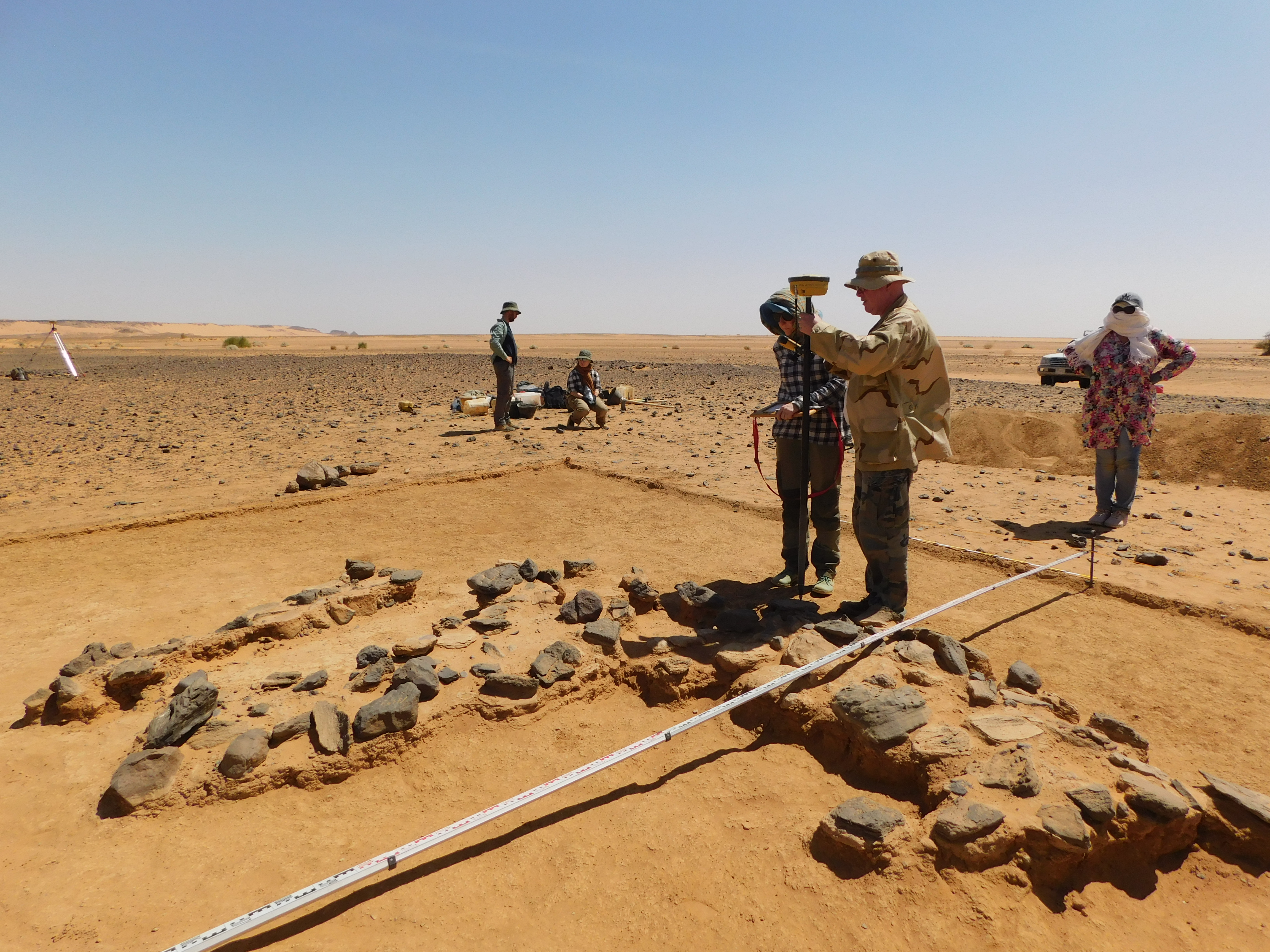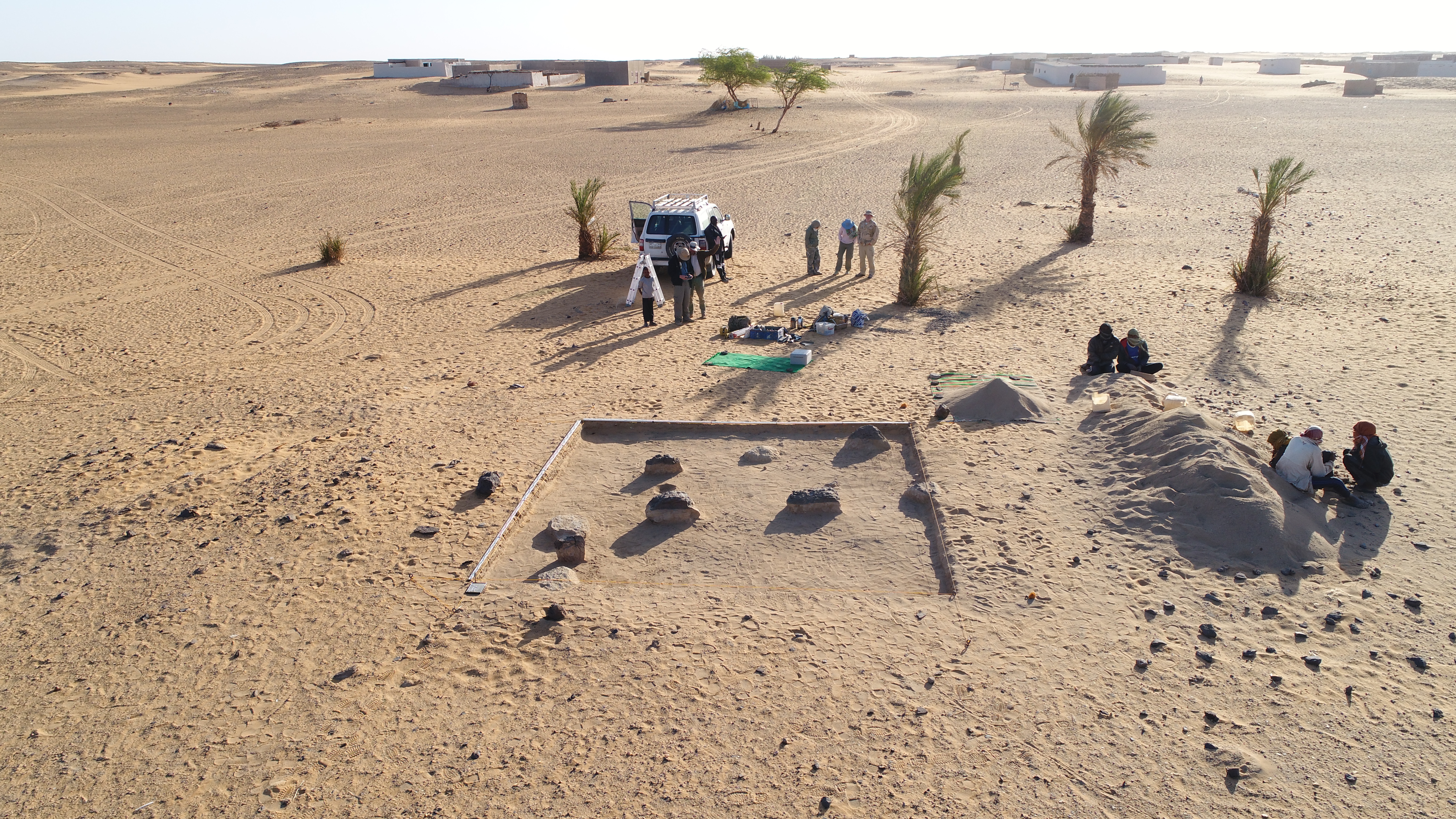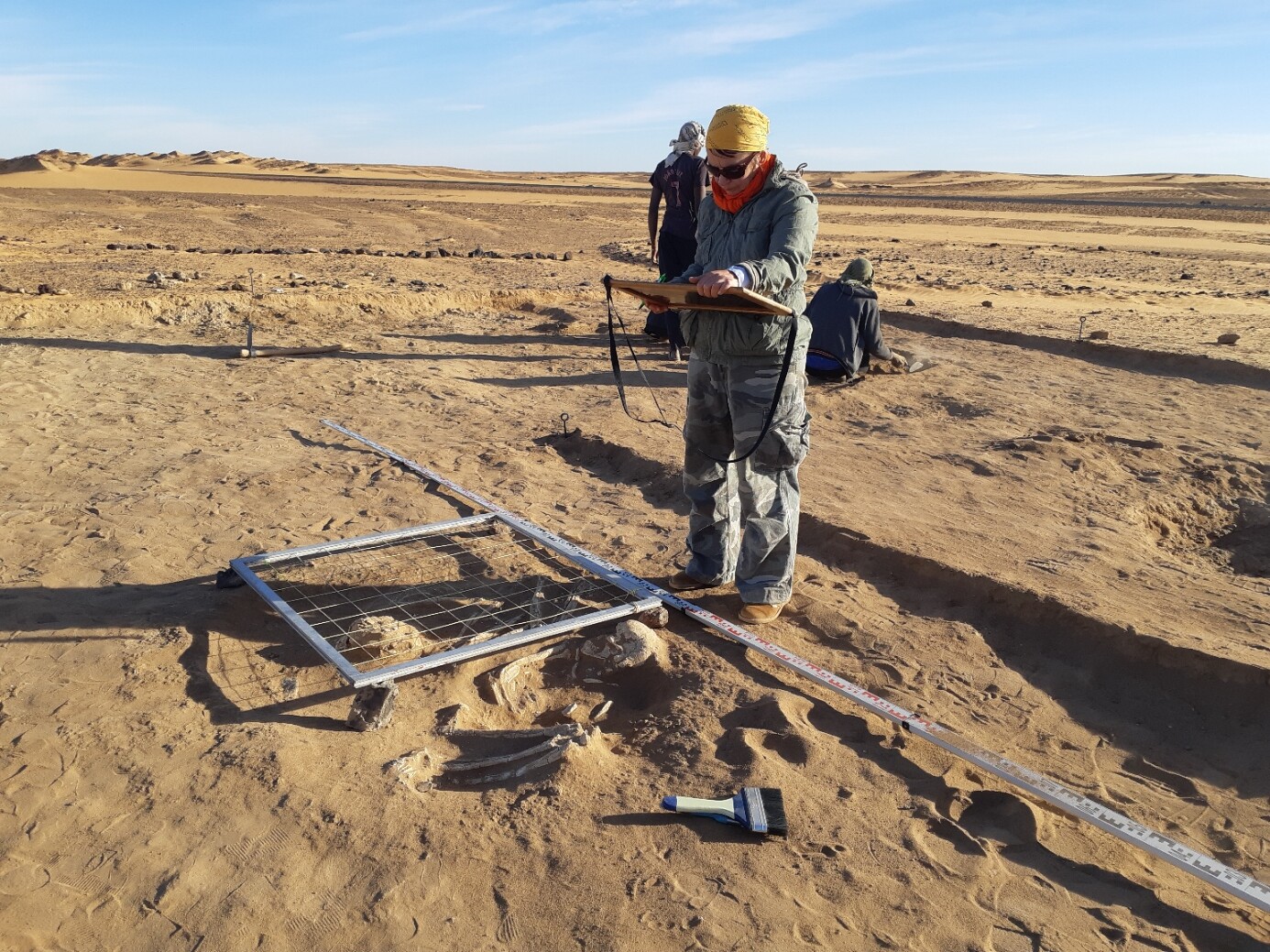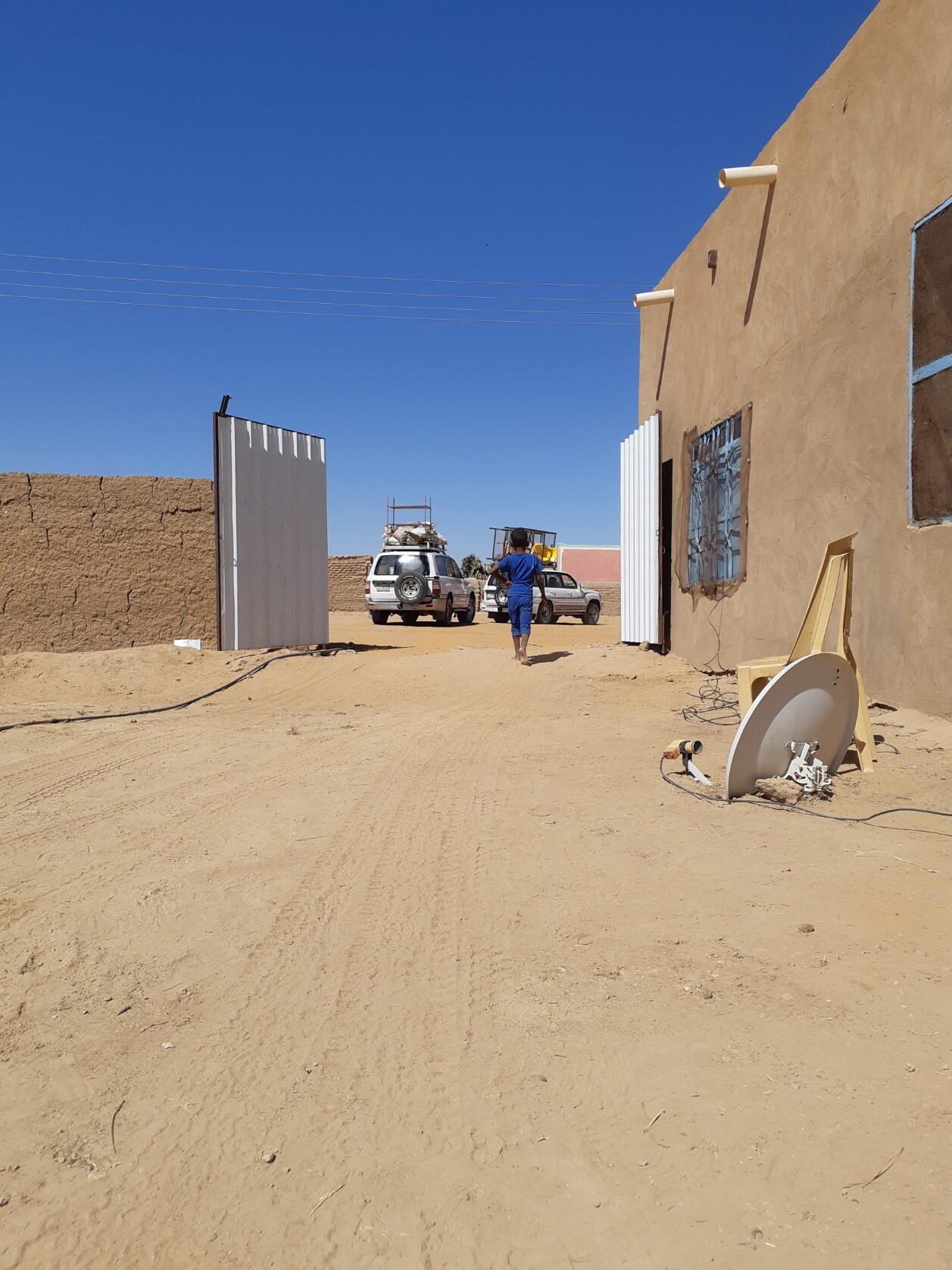With great fear but also hope that “somehow it must work out” we watched the end of the archeology of Iraq or Syria. Military coups did not spare Sudan either, but it always “worked out” and we (archaeological missions) worked almost continuously for the next decades. In 2022, together with the Polish Center of Mediterranean Archaeology, University of Warsaw, we celebrated the 60th anniversary of Polish-Sudanese cooperation! During the 15th International Conference for Nubian Studies in Warsaw, I organized and led a session devoted to the “Oldest Chapters” of the history of Nubia. Therefore, the events that started in mid-April 2023 were a real shock for us. Two months earlier, we had completed our research and some of our colleagues were still working in the field! And basically, hopes and plans for the next great discoveries in Nubia collapsed overnight. Until recently, the army liders who have held power in Sudan since the military coup in 2021 threw themselves at each other’s throats, having for nothing the safety and lives of the Sudanese people already exhausted by the long-term economic crisis and the lack of hope for a normal, civil and fair rule. Escapes, bombings, shootings and looting became the everyday life of the inhabitants of the 5-million agglomeration. Airport devastated and burned, banks plundered, hospitals without electricity and water, but with an excess of victims of a full-scale war. Hotels (including our favorite Acropole) plundered and probably closed forever … Abandoned embassies and museums without any care have become mines of “artifacts” for the warring parties that can be sold or exchanged for ammunition …
And how should I write about our research? How do I share the joy and excitement of discovery when I know it all?
Only out of chronicler’s duty I will describe our recent achievements on the Nile – perhaps nomen-omen the last …
From 2022, we moved our activities (and the expedition base) from Affad to Letti and Argi. These are two adjacent regions where we expected to find archaeological sites as valuable as those lost at Affad. We didn’t start from scratch. Rich remnants of prehistoric settlements in these parts have been reported for several decades. And yet the scale of the results of systematic research surprised even us.
Already in February 2022, we started research on the desert edge of the Letti Basin. Until recently, this area was perceived by archaeologists almost exclusively through the prism of the medieval past – gigantic settlements with stone churches – the hinterland of the capital of the kingdom of Makuria. But for us, focused on much earlier stages of human presence on the Nile, Letti showed unique remains of the first cattle keepers from almost 10,000 years ago! It was not so much the dating of the sites with the characteristic pottery referred to as the “Tergis Group” that surprised us, but the fact that among the animal bones we found the remains of cattle along with the bones of wild mammals of the savannah. Our discovery forces us to revise previous findings regarding the domestication of cattle in Africa.
Thanks to our research, we finally managed to solve the mystery of the origin of animals herding on the Nile. So far, we have had difficulties in linking the Nubian Mesolithic cultures known for some time, which already knew ceramics but economically based on fishing and gathering, with cattle herders who were almost 2 millennia later. The latter, over time, created the first indigenous kingdom of Kerma, independent of Egyptian patterns. Our discovery in Letti shows that the ancestors of these latter communities were not groups of fishermen, but someone else entirely! Although they were people living almost simultaneously, they belonged to completely different worlds. And as time passed and desertification progressed, the fishermen faded into oblivion, and the shepherds remained. Another few thousand years will pass, during which cattle herders descended with their herds further and further south. Today, they traverse the Sahel belt about 400 km south of Khartoum. They were leaving, giving way to increasingly better organized communities for which land and settled agriculture were a security of status and power.
Field research is not everything – our activities in the so-called “mean time” were equally important. We moved our base to the Banganarti mission house built and managed by Bogdan Żurawski. We have gained an extremely comfortable place to work and a safe place to store equipment and artefacts. In fact, this is our return to the roots – two decades ago we (Piotr and Marta) started our Sudanese career in the mission of Bogdan Żurawski, and we started the excavations in Banganarti together with him as novice archaeologists. Over the following years, he created an unusual complex around the medieval site, combining the tasks of a museum, warehouse, workshop and home for a mission focusing on the excavation and conservation of relics of Nubia’s Christian past. Thanks to us, the “Banganarti Archaeological Station” has also become a mainstay of research upon the oldest chapters of the pre-history of Nubia.
Apparently, where we conduct research – in Letti, Argi, Banganarti or Affad – it is relatively quiet. Nobody shoots or bombs. Fortunately, the phones are still working, so we can hear the voices of our Sudanese friends with our own ears. They assure that they are alive, their families are safe. However, many inhabitants of the capital (if not the majority) fled the war to the provinces or abroad. Prices have gone crazy (a liter of gasoline costs almost $10), not to mention the collapse of state institutions – offices, schools, banks. “Pray for us and for Sudan” – they ask, because they are religious and patient people.





